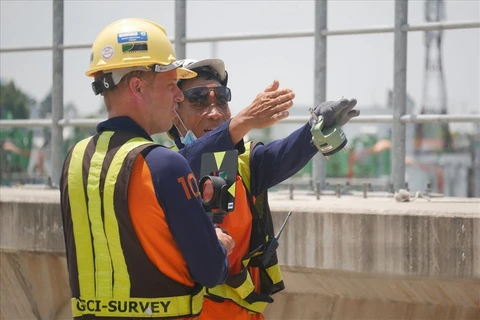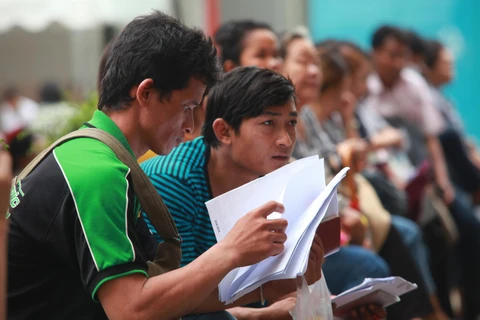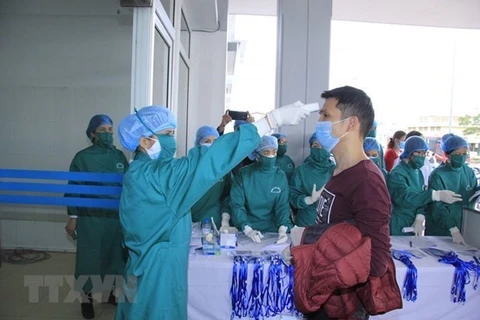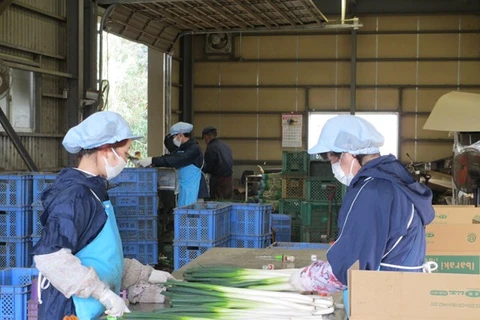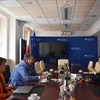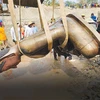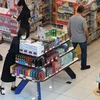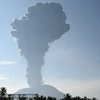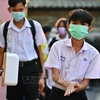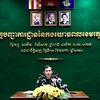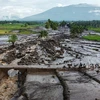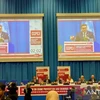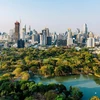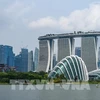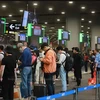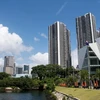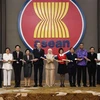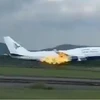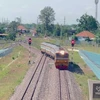Kuala Lumpur (VNA) – Malaysia’s Federal Territories Ministry will make it compulsory for every employer to provide details about accommodation for foreign workers being hired in order to obtain the development order approval.
Its minister, Annuar Musa, said this is to ensure that these workers will not be living in over-crowded worker houses, which is in line with the government’s efforts in curbing the spread of COVID-19 among foreign workers in the country.
The compulsory condition will be implemented in stages as several centralised labour quarters (CLQ) will need to be provided,” he said.
The CLQ is an accommodation concept for companies in various sectors to provide accommodation with various facilities such as transportation for their foreign workers.
Annuar said his ministry has so far identified five locations for the CLQ in Kuala Lumpur, one of which could accommodate a total of 20,000 to 40,000 foreign workers.
About 91.1 percent or 1.4 million foreign workers in Malaysia are not provided with accommodation that complies with provisions in the Workers' Minimum Standards of Housing and Amenities Act 1990, according to the Malaysian Human Resources Ministry.
The move came following a spike in COVID-19 infections among foreign workers in the third wave of the pandemic in Malaysia./.
Its minister, Annuar Musa, said this is to ensure that these workers will not be living in over-crowded worker houses, which is in line with the government’s efforts in curbing the spread of COVID-19 among foreign workers in the country.
The compulsory condition will be implemented in stages as several centralised labour quarters (CLQ) will need to be provided,” he said.
The CLQ is an accommodation concept for companies in various sectors to provide accommodation with various facilities such as transportation for their foreign workers.
Annuar said his ministry has so far identified five locations for the CLQ in Kuala Lumpur, one of which could accommodate a total of 20,000 to 40,000 foreign workers.
About 91.1 percent or 1.4 million foreign workers in Malaysia are not provided with accommodation that complies with provisions in the Workers' Minimum Standards of Housing and Amenities Act 1990, according to the Malaysian Human Resources Ministry.
The move came following a spike in COVID-19 infections among foreign workers in the third wave of the pandemic in Malaysia./.
VNA

